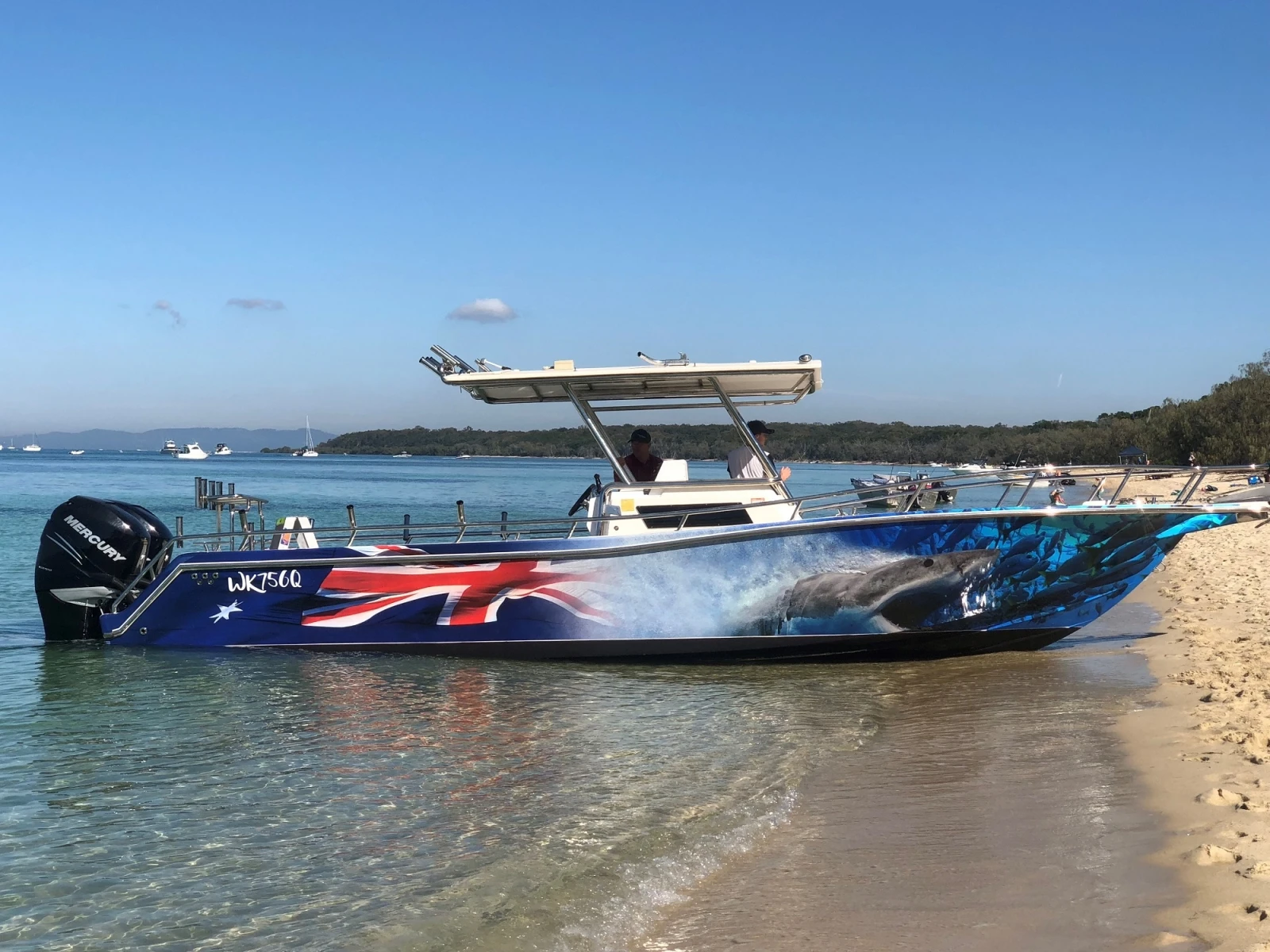
“There was a sense of urgency in that music that over time got compromised as the music became more commercial. “Honestly, I have always felt that Santana’s first album was the best,” Pasqua affirms in hindsight. The instrumental “Aqua Marine” was a high point with some similarities to the past that garnered much airplay on FM radio.” “We were disappointed in the sales initially,” adds Lear, “but over time it acquired its own fan base and eventually there were requests for songs from it at concerts. My force in the band was trying to get it back somewhere to its original roots, more hard driving improvisational jamming with all the incredible Afro-Cuban influence.” “I personally wasn’t invested on whether the music we made was gold or platinum,” affirms Pasqua, “I just cared that it was good.

It became the first Santana album, at that point, to not go Gold which was a disappointment for all involved. The single issued from the album, “You Know That I Love You,” entered the Top 40 on Janubefore stalling at the No.35 position a few weeks later on February, 2, 1980. Released in September of 1979, Marathon surprised fans with its shift towards a more concise commercial sounding format and only managed to climb to No.25 on the U.S. “Stay (Beside Me)” is the closest we get to the Santana of old with its Latin rock groove, before “Hard Times,” which is heavy on the guitar riffage and keyboard interplay closes the album in style. A third instrumental in the form of “Runnin” is an ever so brief jazz-fusion exploratory jam, while “Summer Lady” is sultry and romantic, before “Love” resurfaces the commercial radio fodder in spades.

Side two kicks off with “Stand Up” and is an almost disco-tinged energetic rocker that sees Carlos throw in a cool talk box guitar solo. “Aqua Marine” is followed by “You Know That I Love You” a delightful slice of '80s AOR and the kind of song that would sit perfectly at home on a Journey album while side one's closing track “All I Ever Wanted” is a foot to the pedal hard rocker. Alan Pasqua's input was integral adding beefy keyboard overdubs and ideas that complimented Alex's vocals and Carlos' guitar riffs, as echoed by Olsen's encouragement.” There was much collaboration between Carlos and band members as in songs like “All I Ever Wanted” which came to fruition with everyone playing live in the studio altogether. “Carlos, ever progressive in his musical ideas and cognizant that remaining mired in the past wouldn't equate with progress, convinced management to endorse and were clearly looking for a change musically from past sessions. Additionally, Scottish singer Alex Ligertwood was brought in on vocals, so the potential makeup for songwriting and production had changed and was somewhat experimental. “We had just absorbed two musicians from Eddie Money's band in Chris Solberg, a solid rhythm guitarist also on the previous Inner Secrets album, and significantly for this outing former Money alumnus, keyboardist Alan Pasqua.

“It was a departure in that we had two new producers Keith Olsen and Dave Devore, whom we hadn't worked with before,” remembers former Santana drummer Graham Lear who undertook drum duties on Marathon.


 0 kommentar(er)
0 kommentar(er)
